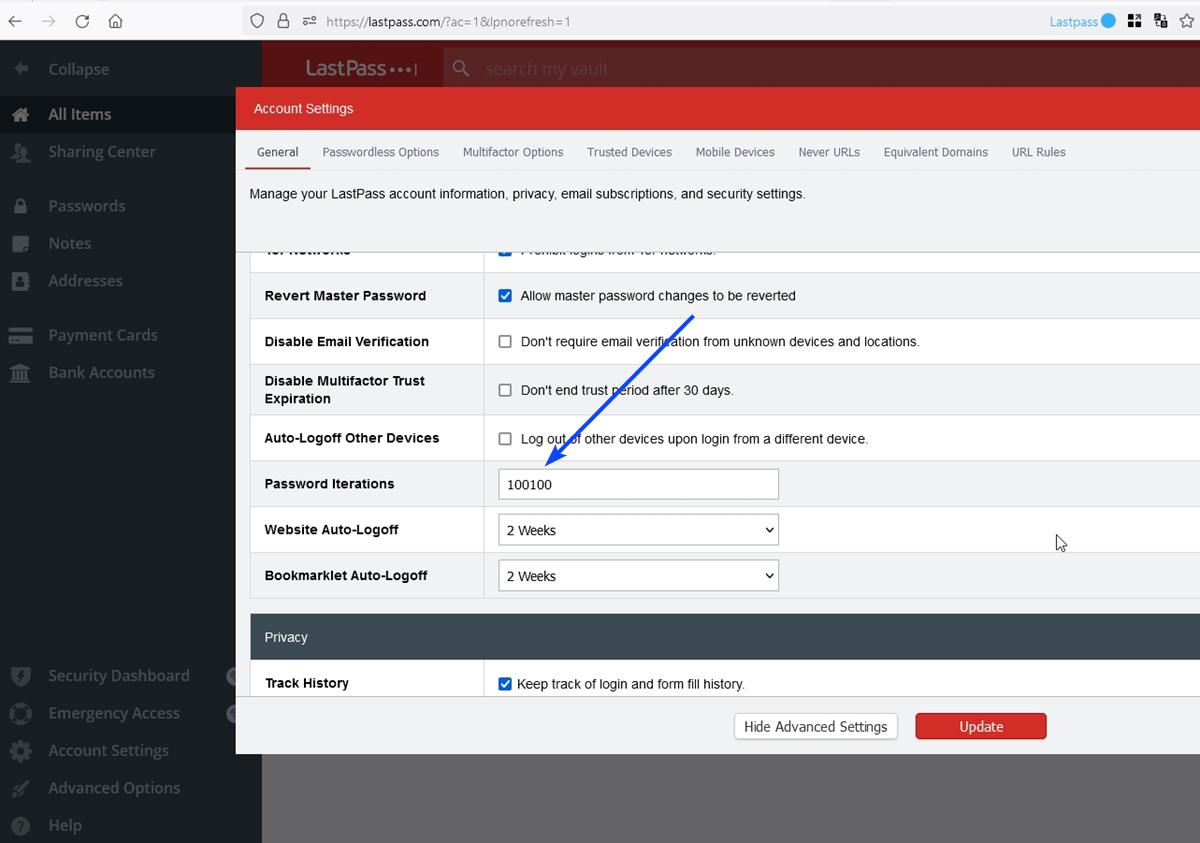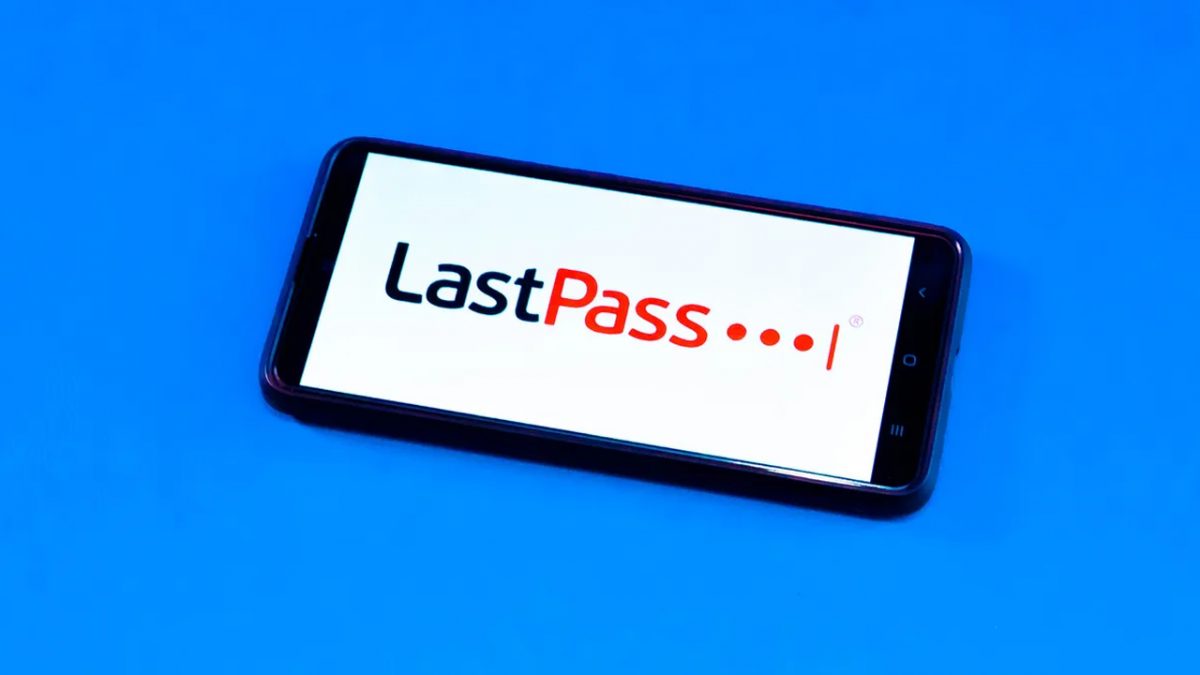- May 10, 2019
- 2,289
In case you have to, store 2FA keys in a separate vault (with its own Master Password) if your PM supports multiple vaults.NEVER store your 2FA tokens OR recovery codes in your PM
In case you have to, store 2FA keys in a separate vault (with its own Master Password) if your PM supports multiple vaults.NEVER store your 2FA tokens OR recovery codes in your PM
I already said this in another post, you can even store it in a PM, as long as it is offline. For example keepass, keepassXC,etc.. Never that password manager can touch the network remember this.b) NEVER store your 2FA tokens OR recovery codes in your PM.
1PW does, but Bitwarden doesn't as far as I know.In case you have to, store 2FA keys in a separate vault (with its own Master Password) if your PM supports multiple vaults.
It has to be like this to make spoiler more convenient, but also if it falls into the hands of a hacker he will have a party.In case you have to, store 2FA keys in a separate vault (with its own Master Password) if your PM supports multiple vaults.
I think you had an unpleasant and pretty bad experience with LP, because you literally put all your eggs in one basket, you believed it, you put your trust in a PM that you would never have problems, I know what it is like +800 PWs, revoke all of 2FA, generate new recovery backup codes, create new security questions and answers, it is labor intensive, then you need to replicate in backup, sync on other devices...just thinking about it gives me the chills2FA tokens are in separate apps and soft copies of recovery codes are encrypted and uploaded to the cloud + stored locally. I just can't trust PMs as much as I did before. The past 3 weeks have been a painful experience for this former LP user.
I am still experiencing the chills and it's not entirely due to the weather.....just thinking about it gives me the chills
Lol, this way you will save the hacker much time and they will be grateful for you.It has to be like this to make spoiler more convenient, but also if it falls into the hands of a hacker he will have a party.
This is not good, what lousy news, it will resonate and propagate across the web, I believe it tarnishes their reputation, if it hasn't already. This will not sound good in the ears of the LP's Corporate Clients.And the bad news doesn't end. Enterprise customers also affected. I really wonder how GoTo/Lastpass will survive if they cannot secure user/customer data.
LastPass owner GoTo says hackers stole customers’ backups
It has been a couple of months since LastPass suffered what is arguably the worst data breach to ever affect the password manager industry. The way the entire scenario was handled by the company, and the lack of transparency circling the aftermath of the attack resulted in many users switching to rival services.If you are a regular reader, you may be aware about our stance towards LastPass. We don't recommend using it because of incidents in the past and how these were handled, and advise users to migrate to Bitwarden, KeePass or 1Password. However, the fact remains that there are still thousands of users who are still using LastPass. This article is meant to help those people who plan to continue using the service, you might as well take the time to ensure that your account is as secure as possible.

Are you a LastPass user? This popular password manager was the target of a major data breach last December, which means many people’s passwords and personal data were exposed to nefarious entities.
According to LastPass CEO, Karim Toubba, there was a security incident in August that led to unauthorized parties stealing customer data in December. However, this is not a unique event for LastPass since it’s been having security incidents since 2011.
What kind of data was exposed? According to Toubba, hackers got their hands on unencrypted data such as LastPass usernames, company names, billing addresses, email addresses, phone numbers and IP addresses.
There was also vault data stolen, containing both unencrypted and encrypted information such as usernames and passwords for all visited sites.
Let’s pause for a second here. This is a password manager. They’re holding the keys to your kingdom, so to speak. Anyone sensible would think that they’d do well what they’re supposed to do, that is, storing your passwords securely.
Even more alarming is the fact that this has been happening since at least 2011, and nobody knows how many other undisclosed events might have happened so far.

Just for 91.92 thousand trillion centuries... then you have to worry. Or if you are unlucky it may happen in their first tryNot that it means much now but this is what GRC's site indicated about my Lastpass password vulnerability to brute force attacks. This is what it was when the hackers downloaded encrypted customer vaults. I think I am safe at least for now.
View attachment 272963
